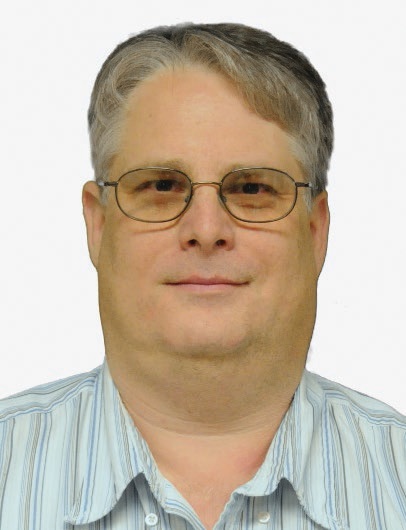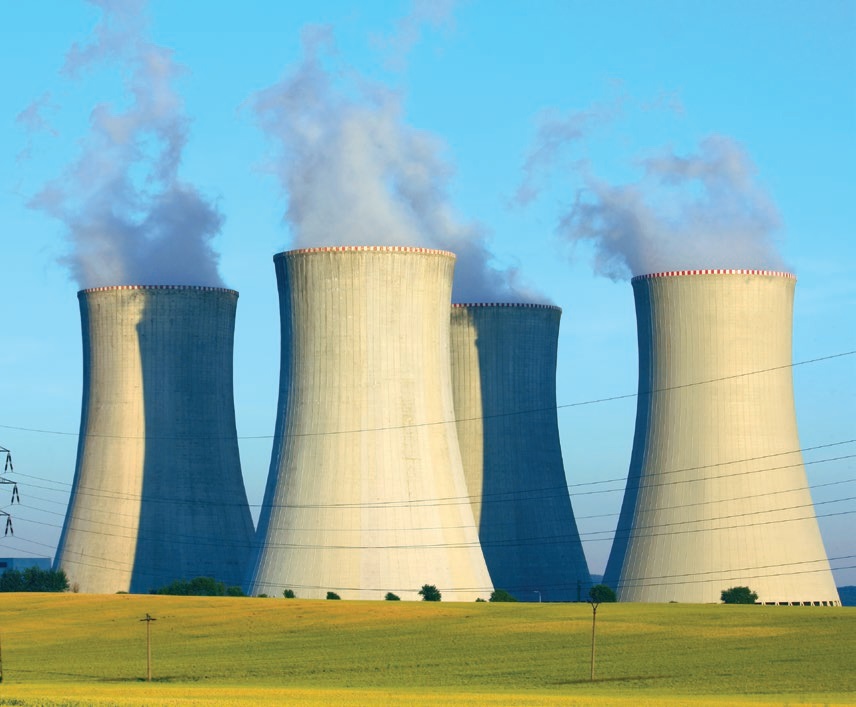20 Minutes With David Turner
Rachel Fowler, Managing Editor | TLT 20 Minutes May 2017
This grease specialist for CITGO discusses technical advancements and challenges, including a possible lithium shortage.

© Can Stock Photo / Dusan
DAVID TURNER - The Quick File
David Turner is a product specialist with the Lubricants Fluid Technology Group of CITGO Petroleum Corp. in Houston. Turner is a graduate of Lamar University in Beaumont, Texas, holding a bachelor’s degree in chemical engineering. He has more than 35 years of experience in the lubricants industry in formulation, manufacturing, selection, application and technical service of lubricants and greases. He is a member of STLE and ASTM and has authored several papers for NLGI. He is the chairman of ASTM D02.G on Lubricating Grease and is co-chair of the NLGI Technical Committee. Turner received the NLGI Clarence E. Earl Memorial Award, ASTM Award of Excellence, NLGI Meritorious Service Award, NLGI Fellows Award, NLGI Chevron Lubricants Award, NLGI Shell Lubricants Award for Instructor Excellence, ASTM Eagle Award and NLGI Award for Achievement. He is an NLGI Certified Lubricating Grease Specialist, STLE Oil Monitoring Analyst I™ and STLE Certified Lubrication Specialist™.
 David Turner
David Turner
TLT: Which grease thickener chemistry is your favorite and why?
Turner: Polyurea. There are so many variations on the theme—with many different properties—and so many different applications where the products can be used. Some polyurea products are not compatible with other polyurea products. Plus, there is still a lot of room to develop new polyurea thickeners.
TLT: What surprised you the most about grease technology and performance?
Turner: Maybe not surprised but more like amazed. Grease is used in so many different applications, from bicycles to spacecraft, fishing reels to nuclear power plants and everything in between. And each application has a special grease that works best. Grease is a very versatile lubricant.
TLT: In your opinion, what are some of the most important recent developments in grease technology?
Turner: Grease has been used for a very long time, yet new greases are developed all the time. Most of the development is evolutionary, not revolutionary. The word recent is something of a challenge. For example, I first learned of calcium sulfonate as a grease thickener in 1988, yet it is still considered to be a new thickener technology nearly 30 years later and is just now gaining an appreciable share of the grease market.
 © Can Stock Photo / 3DSculptor
TLT: What do you consider to be the most challenging issues facing the grease industry today?
Turner:
© Can Stock Photo / 3DSculptor
TLT: What do you consider to be the most challenging issues facing the grease industry today?
Turner: The biggest challenge is the availability of lithium hydroxide. As the battery industry continues to grow, especially for electric vehicles, lithium will become less available and higher in price. Unless a new, large source of lithium compounds is discovered, lithium availability could eventually be the limiting factor in the growth of the grease industry. If not, new high-temperature thickeners will eventually displace lithium complex as the largest volume thickener.
TLT: What are some challenging future opportunities for grease applications?
Turner: There is opportunity for performance improvement in greases used on wind turbines, especially the really large ones, plus those placed offshore or in other challenging conditions.
TLT: What is your favorite grease test and why?
Turner: It has to be D128, Grease Analysis. It is the oldest grease test still in use, dating back to 1922. Just because it is old does not negate its value to the grease industry. Some parts of it are not often used, but other parts are used routinely day in and day out.
TLT: Why and how did you become interested in grease as a career?
Turner: Actually I was assigned to grease because someone in the department was about to retire. I had thought petrochemicals would be interesting. But given how that business has gone, grease was a much better area in which to work. I have enjoyed just about every day of my career, and I would not trade it for any other career path that I might have followed.
 © Can Stock Photo / martin33
TLT: Why have you stayed in the lubricants industry for your entire career?
Turner:
© Can Stock Photo / martin33
TLT: Why have you stayed in the lubricants industry for your entire career?
Turner: You know what they say:
Once you get grease on you, it’s hard to get it off. That’s how it has been with me. The grease industry has afforded me opportunities to travel to interesting places and meet people from other cultures. I have friends and acquaintances in many parts of the world. It has provided me with a comfortable income for my family and the ability to raise two great children.
But the most important reason for staying in the industry for an entire career is the people. From the companies I have worked for to the industry organizations in which I am involved, you could not meet a better group of people. I have some very good friends in the lubricants industry.
TLT: What advice would you give to someone who is thinking about working in the lubricants industry?
Turner: Learn all you can about the science (i.e., chemistry, physics, mechanics) while in school, and look for a program that specializes in tribology. That will prepare you for a career in lubricants. Then be prepared to continue learning. I learn something new just about every day that I work. And join an organization such as STLE that offers excellent continuing education opportunities.
TLT: What have you learned about working in customer service and technical support?
Turner: Working with customers is great. In my current role, we do quite a bit of interfacing directly with customers. I am always amazed how much customers know about the equipment that they have invested in, yet how little they sometimes know about the lubrication requirements of the equipment or the important properties needed in the lubricants that are used in that equipment. There is still a lot of opportunity out there for lubrication education, and STLE is a great source for much of it.
You can reach David Turner at dturne3@citgo.com.